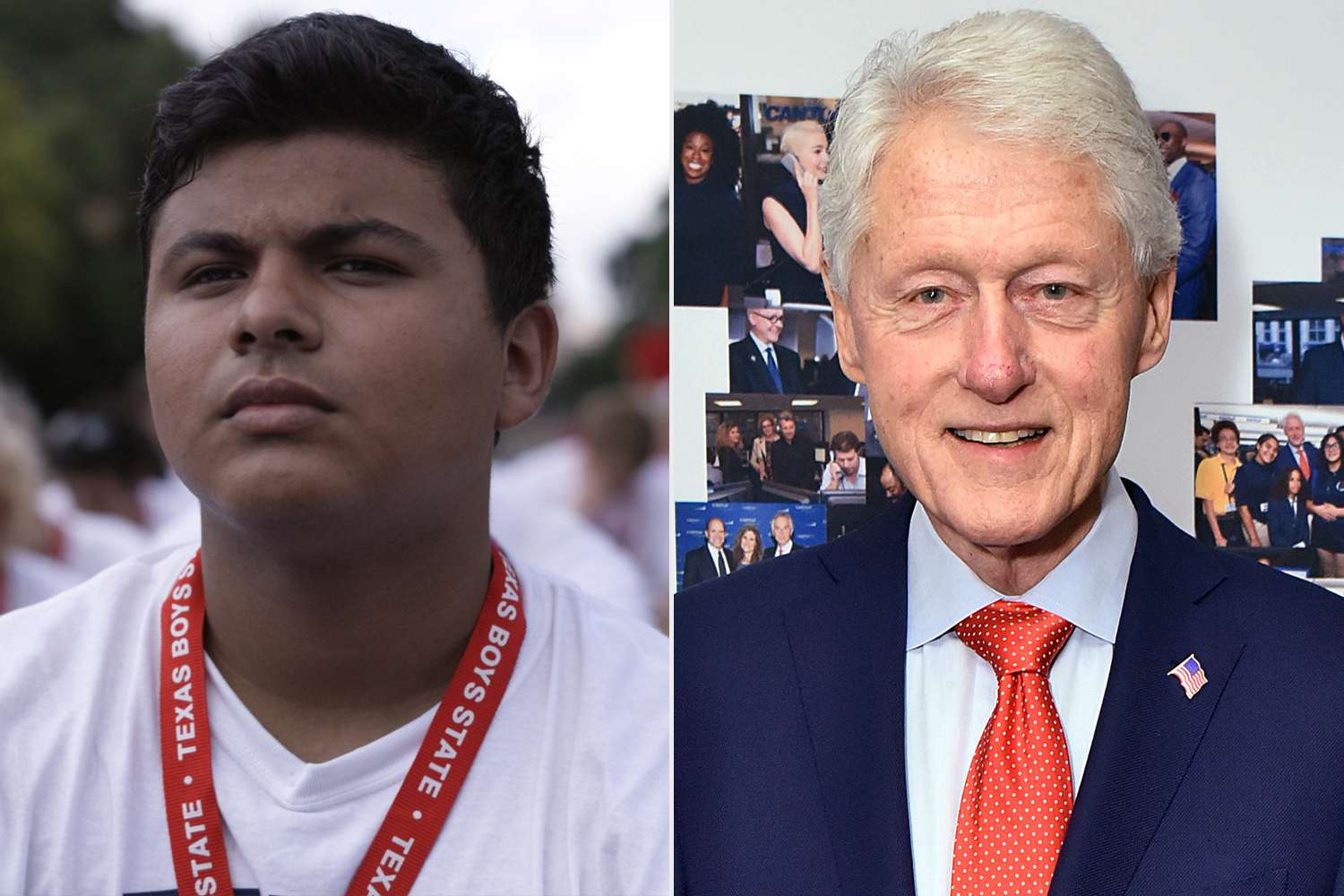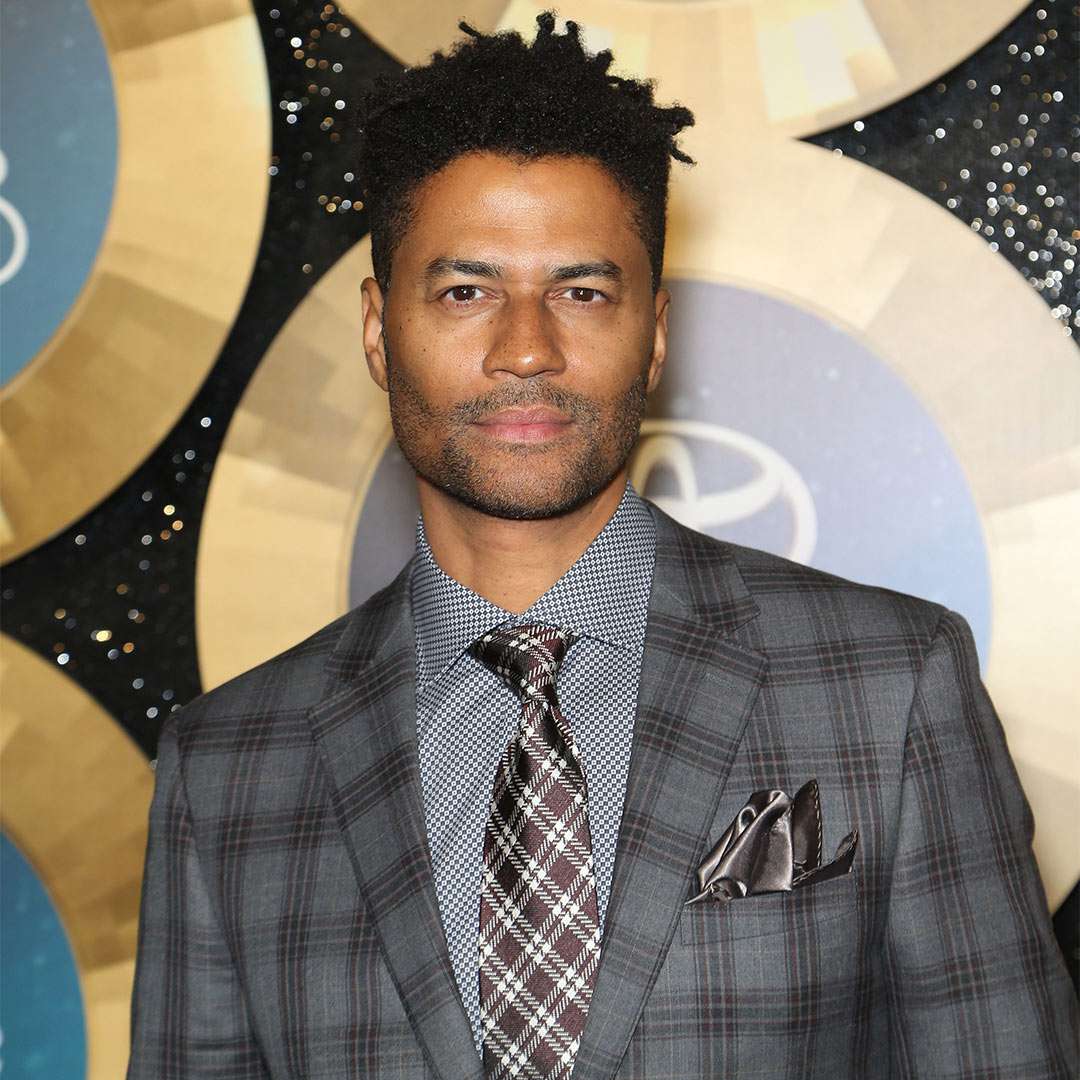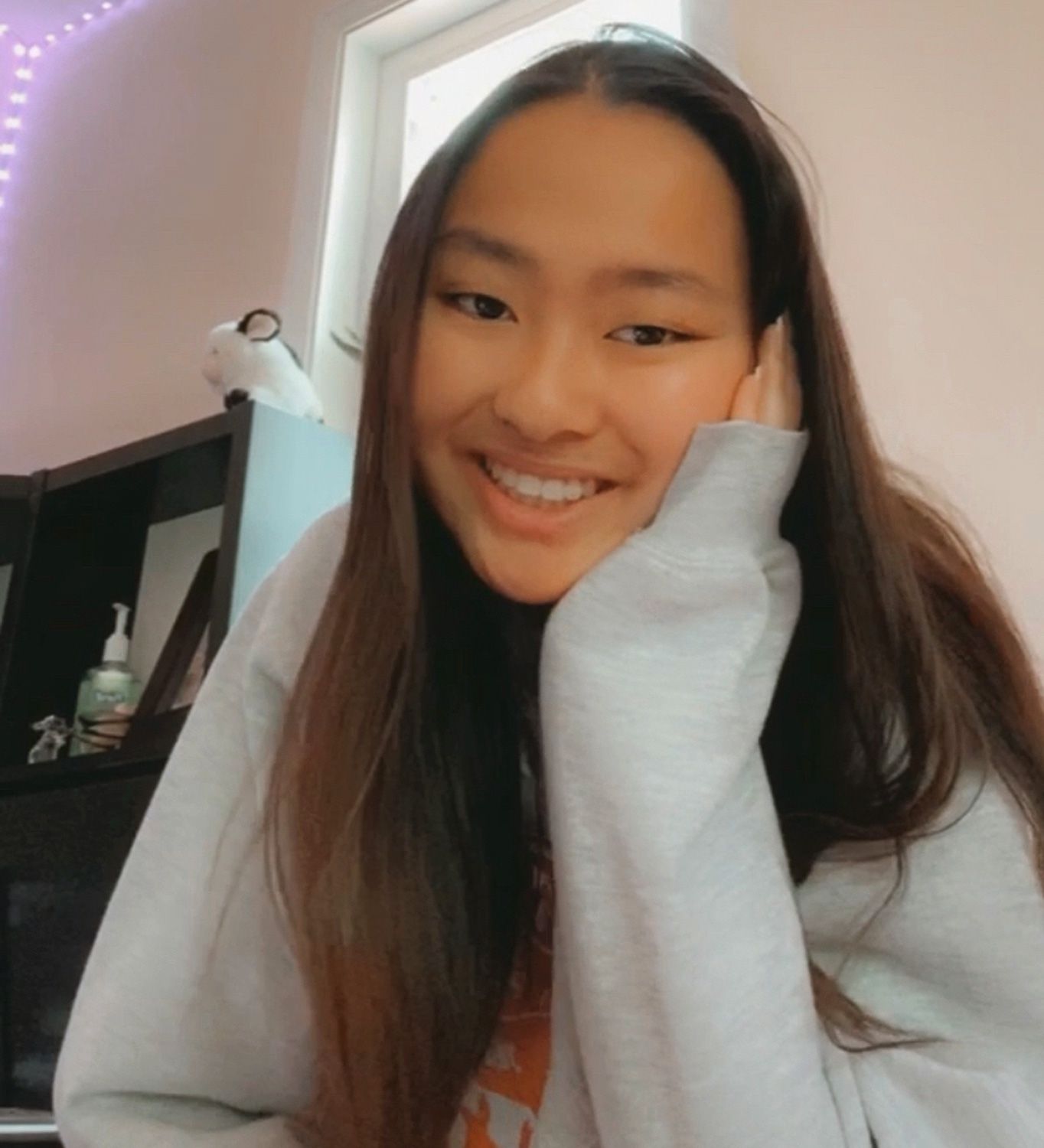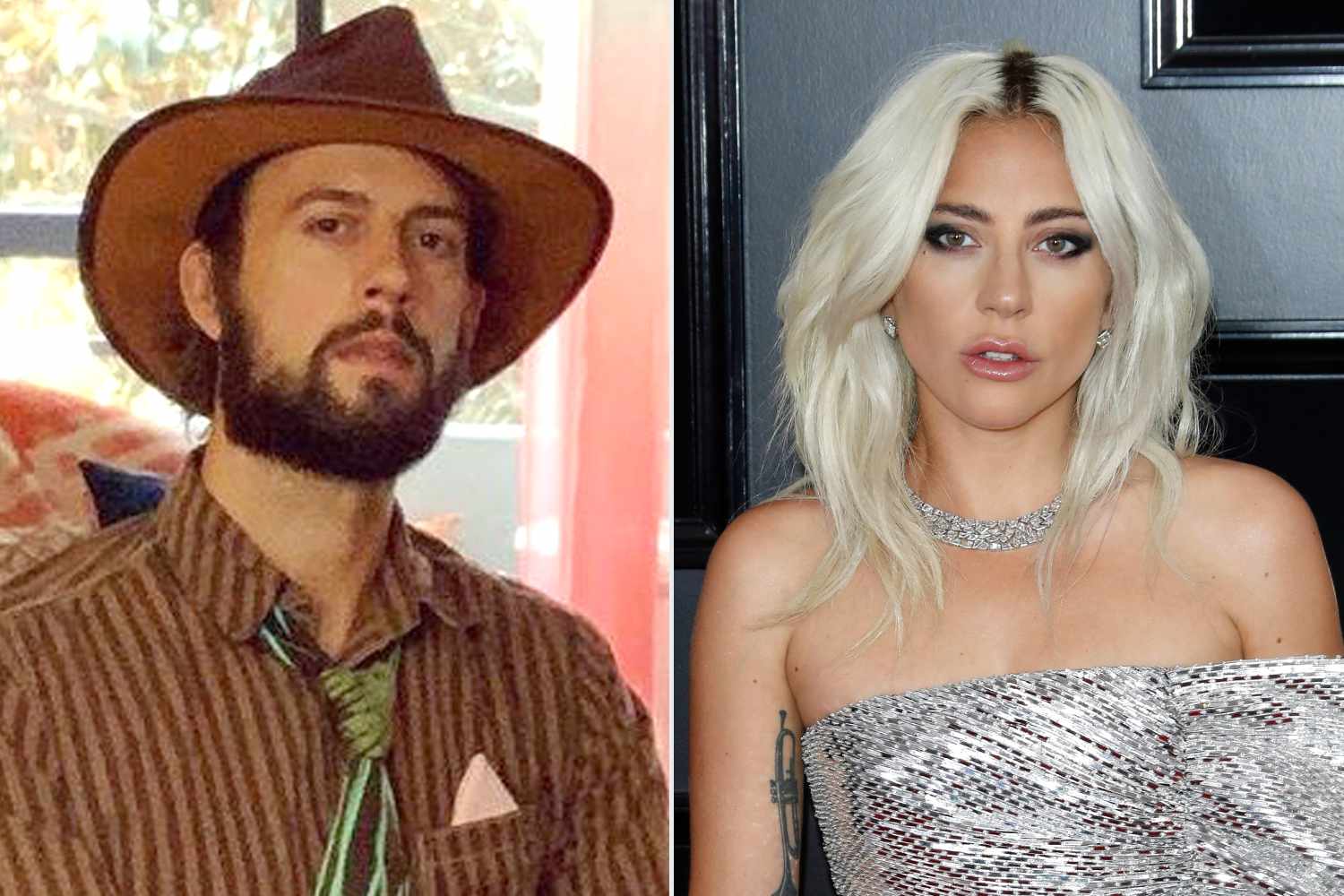Why a Texas Student-Turned-Documentary Star Got an Unexpected Call from a Former President

Like so many students these days, Steven Garza, a 20-year-old University of Texas sophomore, was studying for his remote courses from his room in his parent's Houston home when he got an unexpected phone call.
Someone important, he soon learned, wanted to meet him.
"I spend most of my time in my room doing work so I was in my room and I got the call that President Clinton wanted to have me on his podcast," Garza tells PEOPLE. "It was a very surreal moment. Certainly not a phone call you get every day. It was just … really, really hard to wrap my head around."
Days later, he and Bill Clinton were meeting via Zoom, Garza introducing himself to the former president from his bedroom.
"My mom was in the room with me — not on camera but for the entire conversation," he says. "She did pop in to say, 'Thank you for speaking with my son,' and, 'Say hi to Miss Hillary,' which made me laugh," Garza says. "It completely made her week."
The soft-spoken student's connection to Clinton needs a bit of backstory: Garza is one of the breakout stars of the 2020 documentary Boys State, chronicling the 2018 session of Texas Boys State, an annual week-long program in which roughly 1,000 high school students participate in a mock state government complete with elections.
Attendees are divided into two fictional political parties during the program, drafting platforms and holding races for both local and state offices. At the end of the week, two senators are elected to represent their state at Boys Nation, held later in the summer.
Garza, the son of a Mexican immigrant and a self-described political progressive, chose to run for "governor" at the program, quickly standing out among a field of largely conservative, overwhelmingly white participants.
More than 40 years prior to Garza's participation, a young Clinton also attended Boys State, where he was elected as one of two Arkansas "senators" in 1963. The future president, then a teenager, went on to attend the Boys Nation program where he visited the White House and shook hands with then-President John F. Kennedy.
The experience, as Clinton explains in a new episode of his podcast, Why Am I Telling You This? with Bill Clinton, was life-changing.
"Boys State … helped teach me from a young age that democracy requires us to get off the sidelines and into the arena," Clinton says on the episode, which was released Thursday. "Imperfect as it may be, we can't take this system of ours for granted. And if we want to make it better and make a difference in people's lives, we need to stand up, show up, and speak up, day after day and year after year."
The latest episode features a conversation with Garza who, since the documentary was filmed, has graduated from Mayde Creek High School (becoming the first in his family to do so) and gone on the University of Texas at Austin, where he's now in his second year.
The documentary itself has earned a slew of accolades, winning the Sundance Film Festival's Grand Jury Prize in 2020, landing on the short-list for Best Documentary Oscar and being named among former President Barack Obama's list of year-end favorites.
While life for Garza has certainly gotten more interesting as a result — and, as he explains, often includes virtual Q&As and events with politicians and celebrities — it's also stayed remarkably normal for a college student.
Speaking with PEOPLE from Houston, he recounts how recent weeks have been challenging due to the historic winter weather that crippled Texas' power grid.
As the storm made its way to the Lone Star State on a Sunday evening and temperatures dropped precipitously, Garza began to worry about his mother, who was driving home from Mexico after dropping off supplies to family there.
"On her way back, she spun out and crashed about two hours outside of Houston," he says. "Luckily we were able to talk to her on the phone and get her to a hotel in that area."
While his mom got to a safe place quickly, the situation became more dire for Garza, his stepfather and his brother.
Garza says he was the only one awake at 2 a.m. when the power first went out. Using his phone flash light, he found candles and then dressed in layers — two pairs of sweatpants, a long-sleeve T-shirt, jacket and a robe tied on his head — to keep warm.
He added gloves when he ventured outside, which was fairly often in order to gather wood and stack it neatly in piles near the front door, allowing for easy access to throw into the fireplace for added warmth.
Garza says that, thanks to the family's gas stove, they were able to cook and eat food. They were among the "lucky ones," he says.
As he tells Clinton in the new podcast episode, the historic weather offered him a special understanding of the role government can play in people's lives.
"There's this good quote that I've seen going around — that you shouldn't place people who don't believe in government in charge of government," he tells Clinton. "Otherwise, you end up with situations like we just had, and people don't believe that government can be used as a source for good and positive change in people's lives."
Garza and Clinton discuss a range of topics in the episode, including voter suppression and gun laws, both topics about which the documentary star is increasingly passionate.
They also talk about political division, a central theme in Boys State, albeit one that's become particularly resonant in 2021, following the deadly insurrection at the U.S. Capitol in January.
"The way I talk about the film has shifted [in recent months]," Garza tells PEOPLE.
When the documentary was shot, over a six-day period in June 2018, Garza says he and the others in the program were "naive" in that they didn't think the political environment could get much more divisive.
"Seeing what happened [on Jan. 6] is burned to my mind, and it's given me the resolve to ensure that kind of extremism … never reaches that point ever again," Garza said.
He grows wistful — even candidate-like — in discussing the attack on the Capitol and the myriad false claims about fraud that fueled it, asking hypothetically: "What's the point of winning an election if cracks begin to form? Is winning really worth sacrificing the health of our republic by dividing people and fanning the flames?"
While he acknowledges that many in his Boys State class will likely go on to serve in government some form or fashion, he demurs when asked about his own plans.
"I'm just trying to focus on graduating. I don't think anybody can successfully plan a run for office several years ahead of time," Garza says, adding with a laugh: "I know that sounds like the sort of non-answer a politician would give."
When the project was filmed, Garza was 17 years old. Interested in politics from a young age, he was thrilled to attend the Boys State program and hopeful to one day study political science (a subject in which he still plans to obtain his degree).
Even so, Garza wasn't entirely sure what would become of the footage of his experience and didn't fathom how it would alter the trajectory of his life.
"I didn't know if this film would just end up on somebody's hard drive for 30 years and be lost forever," he says, laughing. "Now we are doing online film festivals, advertisements on social media, on YouTube … I certainly didn't know this would lead me to a conversation with President Clinton."
His conversation with Clinton, Garza says, has been a highlight of his life thus far, and one he "can't wait to share with the world," adding: "It's going to be a memory I will to cherish forever."
More than that, he hopes his appearance on the podcast will spark an interest in politics among other young people.
"I've heard from so many people who say that, because of this film and people in the film, that they are now going to volunteer in a campaign or go to their Boys or Girls State program or make phone calls for a candidate," Garza says. "Sharing this conversation with the president, and sharing the film — I want it to serve as a call to action for young people to get involved. We need to change the way we approach politics."
Source: Read Full Article







